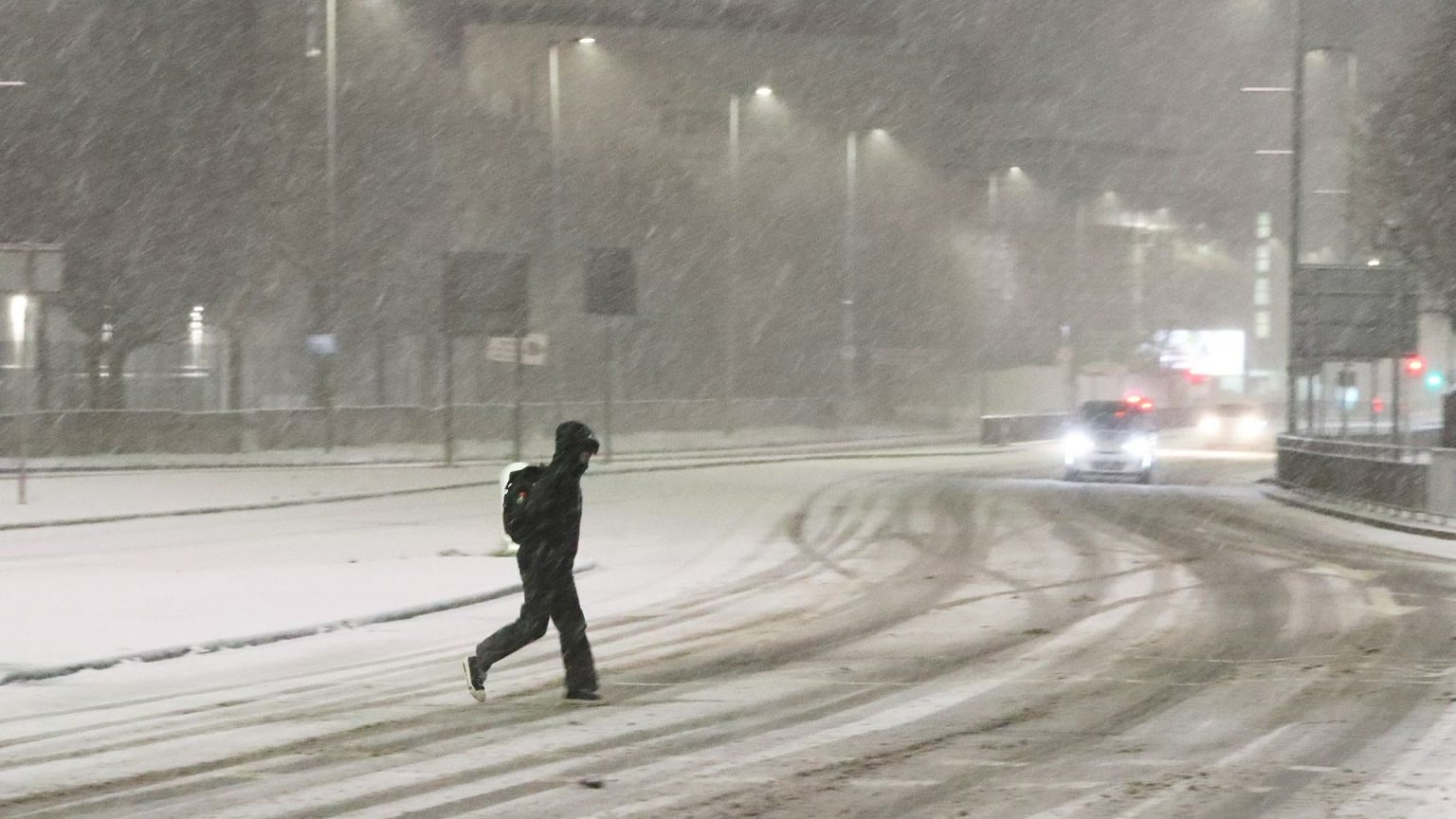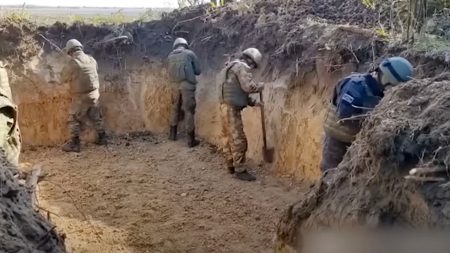The United Kingdom has been gripped by a severe spell of wintry weather, triggering major incidents across the country. Heavy snowfall, widespread flooding, and freezing temperatures have combined to cause significant disruption, impacting travel, closing schools, and prompting emergency responses. A network of weather warnings for snow and ice remain in place, highlighting the ongoing threat of hazardous conditions. Temperatures plummeted to -13.3°C in the Scottish Highlands, underscoring the intensity of the cold snap. The extreme conditions have prompted unprecedented declarations of major incidents in several regions, signaling the severity of the situation and the need for coordinated emergency responses.
Flooding has emerged as a particularly significant concern. A major incident was declared in Lincolnshire due to extensive flooding, with dozens of properties affected. Authorities warned of the potential for further flooding, particularly in areas vulnerable to tidal waters. The Environment Agency issued a severe flood warning, categorized as “danger to life,” for the River Soar in Leicestershire, impacting nearby caravan parks. Numerous flood warnings and alerts are in place across England, reflecting the widespread risk. The East Midlands Ambulance Service declared a critical incident for the first time in its history, citing flooding as a contributing factor to the escalation.
Travel chaos has been a hallmark of this weather event. Road closures and blocked railway lines disrupted commutes, while Bristol Airport suspended all flights due to hazardous conditions. The travel disruptions compound the challenges posed by the severe weather, impacting both daily routines and emergency responses. These disruptions highlight the far-reaching consequences of such widespread adverse weather, affecting infrastructure and daily life across the country.
Emergency services have been working tirelessly to respond to the crisis. Firefighters in Leicestershire rescued dozens of individuals from flood-stricken areas, while tragically, a man’s body was recovered from a flooded area in North Yorkshire. Although the circumstances surrounding his death are not considered suspicious, the incident underscores the inherent dangers associated with extreme weather conditions. The emergency services’ responses highlight their crucial role in managing the consequences of such widespread weather events, ensuring the safety and well-being of communities.
The widespread impact of the weather is reflected in the closure of hundreds of schools across the country, from Lancashire and Yorkshire to north-east Scotland. This disruption to education further underlines the far-reaching effects of the weather, impacting not only immediate safety but also daily routines and access to essential services. The widespread school closures demonstrate the challenging decisions faced by local authorities and schools, balancing safety concerns with the need to maintain educational continuity.
The government has recognized the severity of the situation, with environment minister Emma Hardy acknowledging flooding as a “personal priority.” Expressing particular concern about Lincolnshire, Leicestershire, Warwickshire, and Nottinghamshire, she warned of further localized flooding in the coming days. Her pledge to overhaul the government’s approach to funding flood defenses underscores the long-term implications of this event and the need for improved resilience against future weather-related challenges. The government’s response highlights the need for both immediate action and long-term planning to mitigate the impacts of increasingly frequent and severe weather events.











